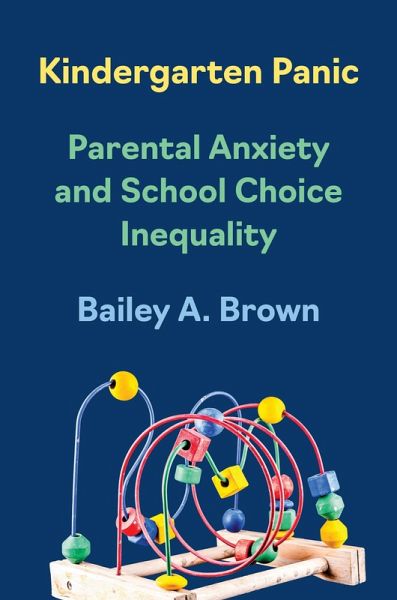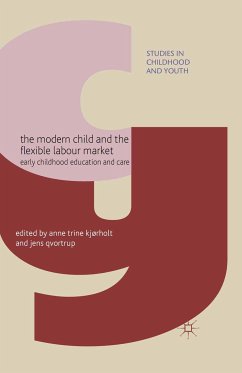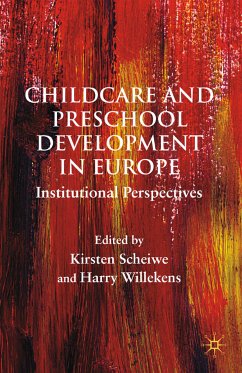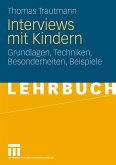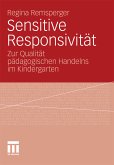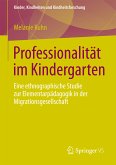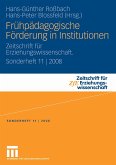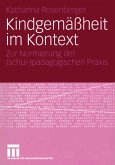How school choice reproduces inequality by creating gendered and socioeconomic decision making labor for parents School choice policies have proliferated in recent years, with parents forced to navigate complex admission processes. In New York City, families have more options than ever before, but the search for the right school has proven to be time-consuming, painstaking, and anxiety-provoking work. In Kindergarten Panic, Bailey Brown examines the experiences of parents as they search for elementary schools, finding that socioeconomic inequalities and persistent disparities in resources, information access, and decision making power contribute to broad variation in how families develop and manage their school-choice labor strategies. The labor that parents invest in searching for schools is unevenly distributed, and shaped by gender, socioeconomic background, and neighborhood contexts. Drawing on interviews with more than a hundred parents of elementary school students in New York City, Brown shows how inequality manifests itself as parents and students deal with the uncertainties of the school choice process. By conceptualizing school decision making as labor, she makes visible the often-unseen work that goes into making educational decisions for children. Brown argues that recognizing school choice as labor both deepens our theoretical understanding of the challenges families confront and identifies vast disparities in parents' labor across socioeconomic and gender divisions. If parents continue to be charged with searching for schools, we must take seriously how school choice policies reproduce the kind of inequality they are intended to reduce-and we must invest in providing equitable access to high-quality public schooling for all families.
Dieser Download kann aus rechtlichen Gründen nur mit Rechnungsadresse in A, D ausgeliefert werden.

